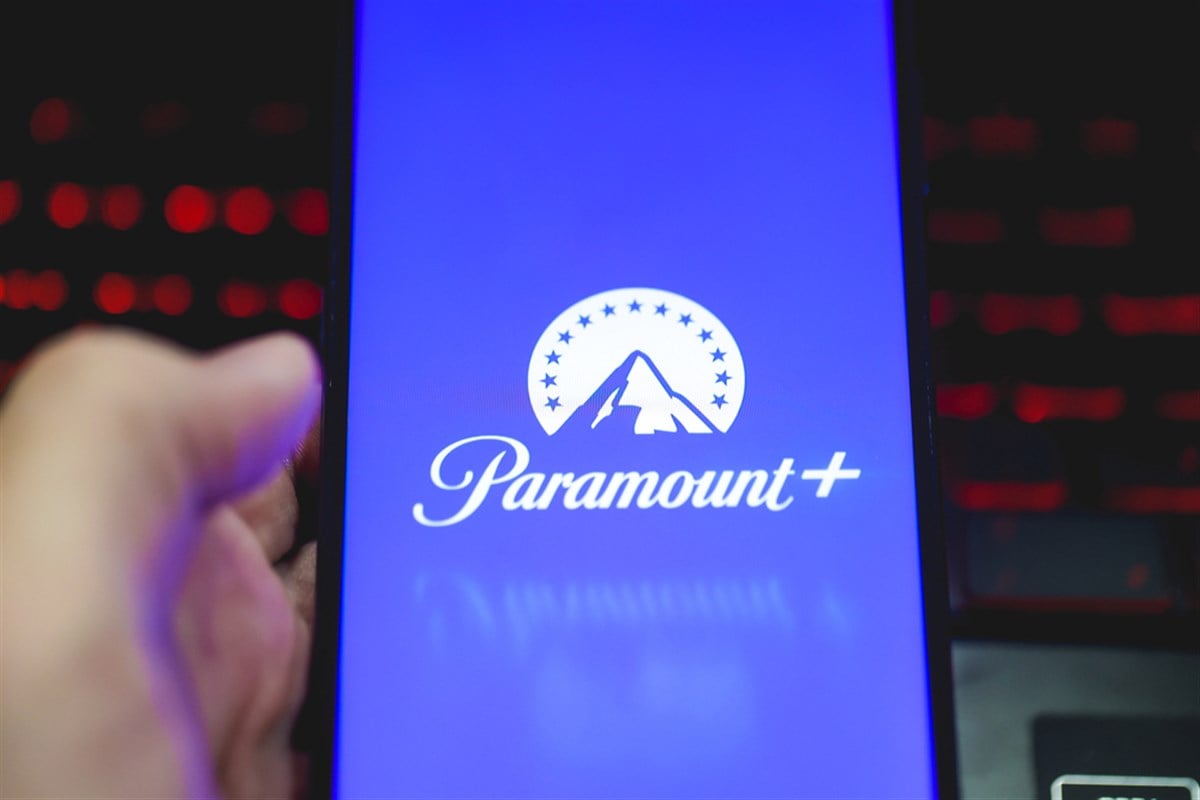Mastercard: Investing in AI and Cybersecurity to Beat Out Visa

Mastercard (NYSE: MA) just announced an acquisition to beef up its capabilities in cybersecurity and threat prevention. It will buy Recorded Future, the world's largest threat intelligence firm. When it comes to companies deeply embedded in the payments industry, it makes sense why Mastercard spent $2.65 billion on the company.
Preventing Fraud Is Important Now More Than Ever
Knowing that Mastercard is doing everything it can to protect its customers’ money is essential to keeping the trust it has built over the years. Keeping this trust is important to Mastercard being the payment method of choice for merchants. Collecting fees from merchants when transactions take place at their businesses is one of the main ways Mastercard generates revenue.
When a fraudulent purchase is made using someone's card, banks often reimburse the consumer. When that happens, it comes out of the merchant’s wallet, largely in the form of fees and chargebacks.
Ensuring that Mastercard minimizes the threat of fraud that leaves merchants holding the bag allows the company to maintain its position as one of the two leaders in the payment space. The other leader is Visa (NYSE: V).
Having a strong position in the arena is particularly important now as fraud and cybercrime are on the rise. The cost of cybercrime in 2023 is estimated at over $8 trillion per year. Based on gross domestic product (GDP) data, that is approximately 30% of the value of the United States economy—nearly double the GDP of Germany.
Mastercard was already working with Recorded Future on tech that alerts banks when a card is likely compromised. They say the identification rate of compromised cards has doubled since the technology launched last year. Analysts at William Blair see the Recorded Future deal as “bolstering Mastercard’s competitive advantage."
Recorded Future Presents Growth Opportunity for Mastercard
Not only can the acquisition help secure the company’s competitive position with merchants, but it will also bring in significant revenue. The company makes about $300 million from subscriptions to its threat intelligence platform. This business will likely fall into Mastercard’s Value-Added Services and Solutions segment, which made up 37% of total revenue in 2023.
Though $300 million is a drop in the bucket vs. Mastercard's 2023 revenue of $25.1 billion, Mastercard will aim to grow the business significantly. The company’s massive reach can help extend the product to a much wider range of customers. Additionally, the increased intelligence that Recorded Future brings will make Mastercard’s cybersecurity offerings more attractive.
Mastercard’s Commitment to Acquisitions and AI Investment Are Strong Competitive Moves
Both Visa and Mastercard are investing to boost their threat prevention. However, rather than acquisitions, Visa has used more internal investment and strategic partnerships. The company has reportedly invested “$10 billion in technology, including $500 million on AI and data infrastructure to guard against fraudulent activity."
However, due to its specific focus on AI, the acquisition of Recorded Future feels like an advantage for Mastercard. According to the FBI, criminals are increasing their use of AI to commit cybercrime. To stop these increasingly advanced threats, companies need to use increasingly advanced protection. Investing significantly in AI is how Mastercard can stay ahead of the curve.
Visa recognizes this too. The firm is reportedly in advanced talks to acquire an AI and machine learning fraud prevention company of its own. The company is called Featurespace, and its clients include financial institutions like HSBC (NYSE: HSBC). At first glance, Featurespace may be a better fit for fraud prevention than Recorded Future. The company tends to focus specifically on this issue with financial institutions.
However, Recorded Future’s broader focus may also open up opportunities for Mastercard that it would not have otherwise known about if it had bought a company focused on one particular industry. It may be a case of "you get what you pay for." The Featurespace acquisition is reported to be around $925 million, much less than Mastercard's $2.65 billion investment.
This isn’t Mastercard’s only acquisition that uses AI to prevent threats. In 2023, it also bought Baffin Bay Networks, although the purchase is believed to be extremely small compared to the Recorded Future deal.
Currently, Mastercard has 23 buy ratings, five hold ratings, and no sell ratings from Wall Street.
Learn more about MA


